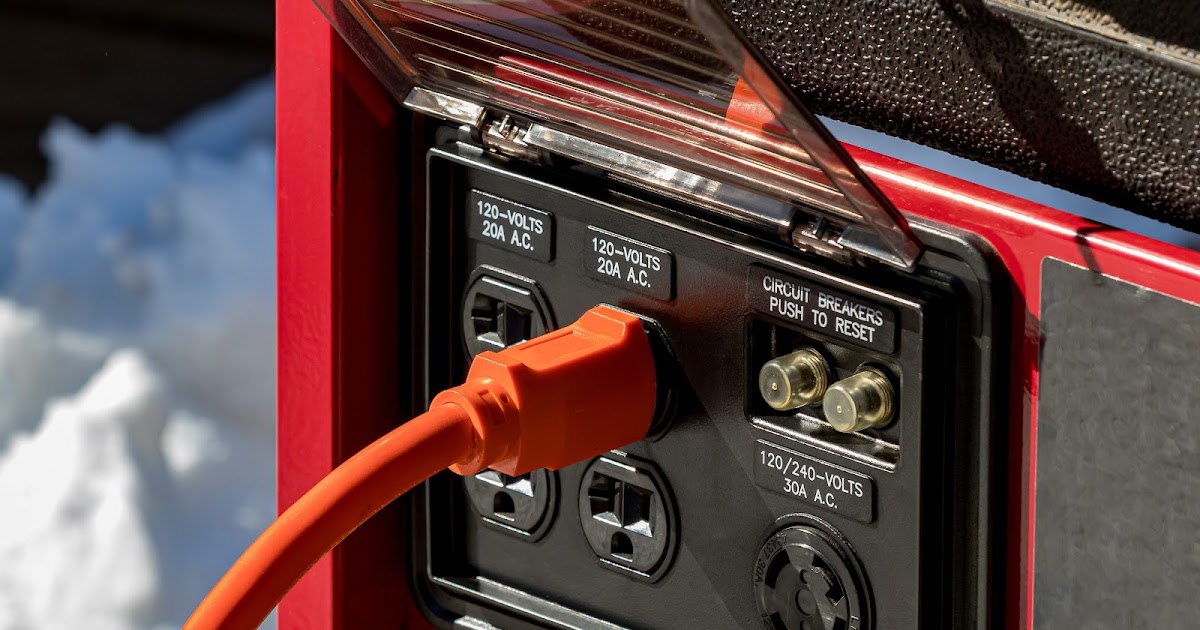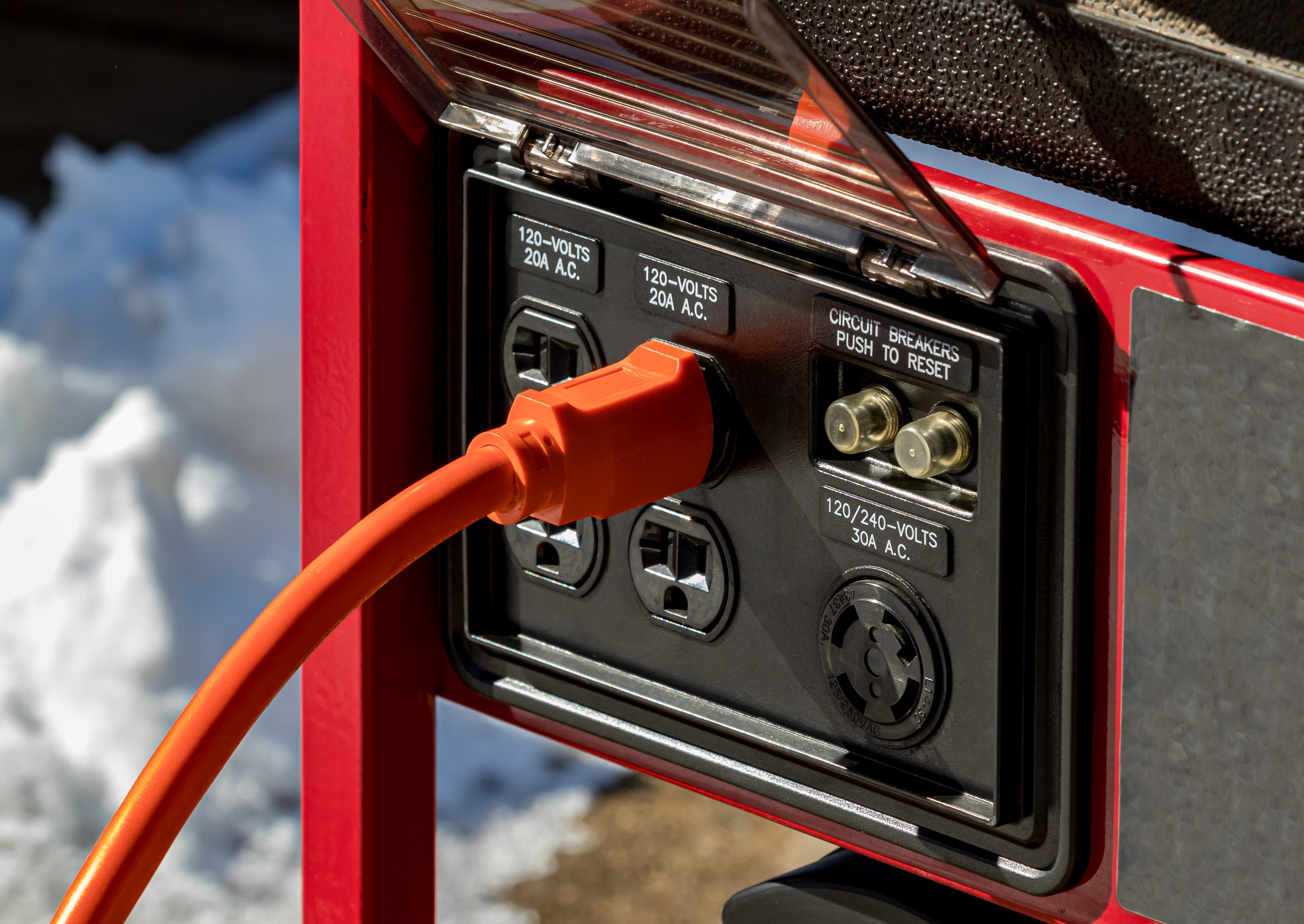Safety Tips to Know Before Operating a Generator


Power outages can bring about
uncomfortable and unsafe conditions in one’s home. In order to return to some
sense of normalcy while your electricity is being restored, you may be
inclined to fire up your generator to live more comfortably. But a running
generator can present its own safety hazards, and it’s important to know
about these hazards before attempting to operate this kind of machinery.
Continue reading for a list of safety tips to learn before operating a
generator!Always run your generator outdoors in an area with ample ventilation.
When a generator is operating, it emits deadly carbon monoxide gas. Carbon monoxide is a colorless, odorless gas
and the risk of carbon monoxide poisoning can be increased when a generator is
operating nearby. When operating a generator, always do it outdoors with proper
ventilation and ensure the batteries in your home’s carbon monoxide detectors are functioning to
further confirm your air is clean.Keep your generator dry and away from wet or rainy conditions. Generators produce
electricity and should never be handled with wet hands or operated in an area
where it can’t remain dry to avoid electrocution.
Never try to power your house by “back feeding,” or by directly
plugging your generator into your wall outlet. Always use a transfer switch to
connect your generator to your home. Back feeding to power your home is illegal
and can result in a fire, your own electrocution, or
the electrocution of a utility worker.
Turn off your generator and let it cool prior to fueling it. If you
attempt to fuel a generator while it is hot or running,
the fuel could ignite and harm you. Store your fuel in an approved fuel can
outside of and away from any living areas.
Read your generator’s manual. Different generators may have different
methods of operation, and in order to operate your generator in the safest way
possible, you should become acquainted with your generator to avoid any mishaps.
At best, living in our homes without
power is an inconvenience. At worst, living in our homes without power can be a
safety crisis. When powering your home with a
generator during an outage, make sure you’re not increasing the risks by
operating it improperly. 



